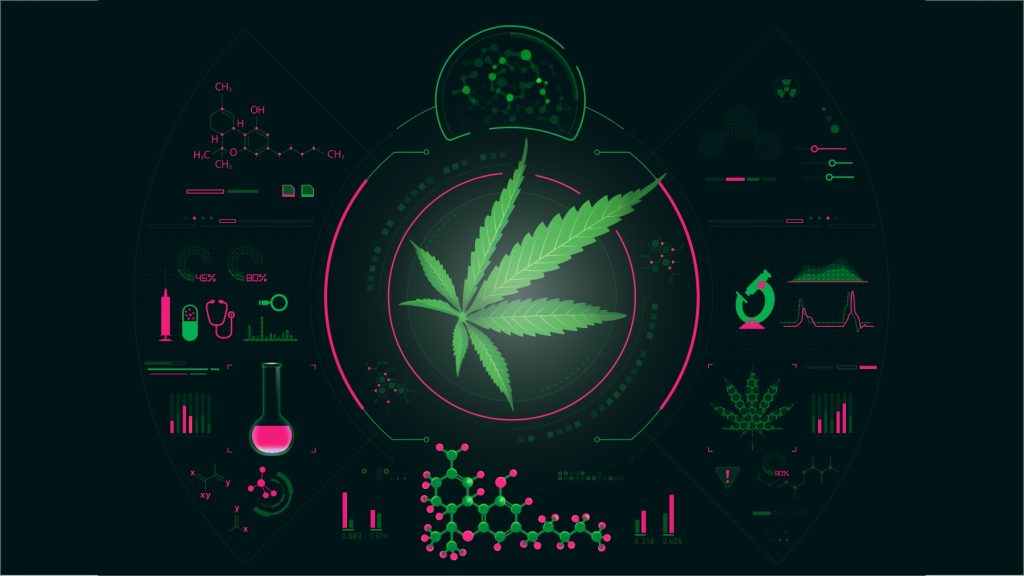
The research paper mentioned in this article is a preprint, yet to be peer-reviewed or edited. Therefore, it should not be used as a basis for informing clinical decisions or influencing health-related actions.
Researchers have developed an artificial intelligence (AI) model that identifies recent cannabis usage and intoxication levels.
- Traditional tests for cannabis use are accurate but time-consuming.
- The researchers tracked cannabis use in 33 adults using activity trackers and smartphone sensors.
- The AI model achieved an 85% accuracy in detecting moderate cannabis intoxication within the last five minutes.
Researchers have developed an AI model capable of detecting recent cannabis usage in individuals to assess intoxication and the need for medical care.
Traditional tests involving urine, saliva, and hair strand analysis can accurately determine cannabis use but are often time-consuming. Cannabis does not immediately appear in all bodily fluids, posing challenges in rapidly assessing intoxication levels.
To address this issue, Sang Won Bae at the Stevens Institute of Technology in New Jersey and her colleagues observed 33 adults. The participants reported cannabis use at least twice a week and documented their usage daily for up to 30 days. During this period, they wore activity trackers to record heart rates, step counts, and sleep quality. Meanwhile, sensors on their smartphones tracked micromovements, assessing stability and coordination.
The collected data was used to train an AI model to detect recent cannabis usage, which was then tested on the participants’ data. The AI, even accounting for some false positives and negatives, demonstrated an impressive 85% accuracy in detecting moderate cannabis intoxication within the last five minutes.
The AI continuously interprets data from activity trackers and sensors. Medical professionals can access this data to identify when unusual activity began, indicating potential intoxication. According to Tammy Chung, a researcher at Rutgers University, this technology is “about preventing harm from happening and keeping people safe.”
However, further research is necessary, as Joseph Wu of Stanford University and Mark Chandy of Western University in Canada pointed out to New Science. The AI should undergo testing in larger and more diverse groups of people.
The researchers also did not report the quantity of tetrahydrocannabinol (THC), the psychoactive compound in cannabis, consumed by the participants. neither did they report their consumption method (smoking or oral ingestion). Those two details affect the degree of intoxication. Smoking the drug, for example, delivers THC into the lungs, then directly to the bloodstream, and finally to the brain. Ingesting it, however, delivers THC to the stomach, then the liver, then the bloodstream, and finally, the brain. the compound will start to affect the user within minutes when inhaled but will take at least 30 minutes when ingested.
So, the AI tracks the person’s minute details to figure out when they are intoxicated. But who gets that data? Law enforcement? Researchers that can be subpoenaed to disclose the information? It all feels like a gimmick to get their hands on our most intimate data. Not cool, dude.
Inside Telecom provides you with an extensive list of content covering all aspects of the tech industry. Keep an eye on our Intelligent Tech sections to stay informed and up-to-date with our daily articles.